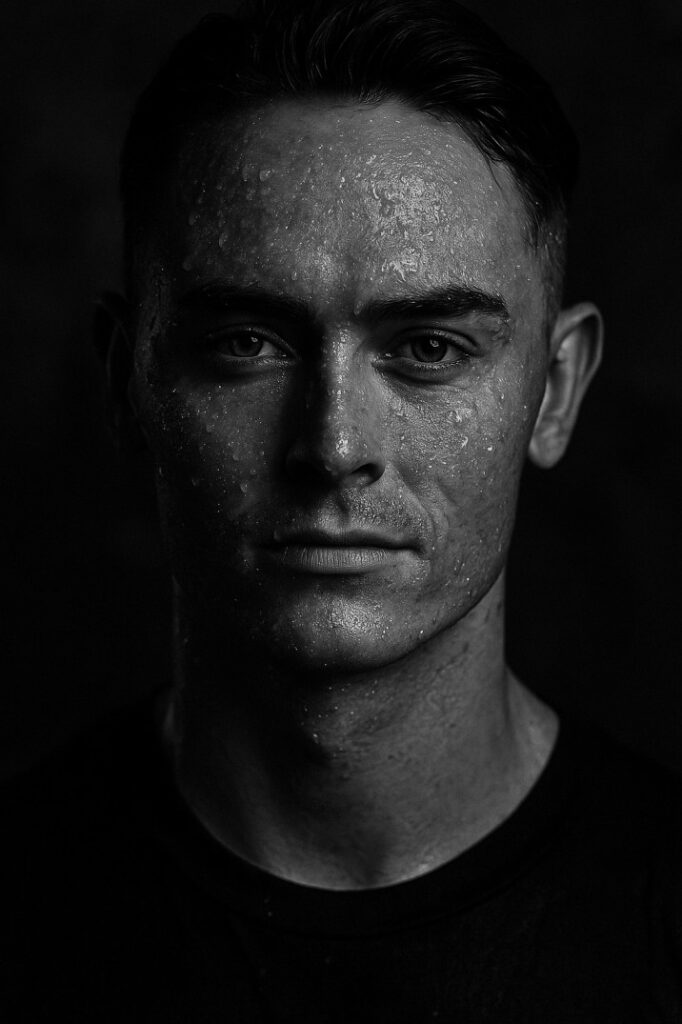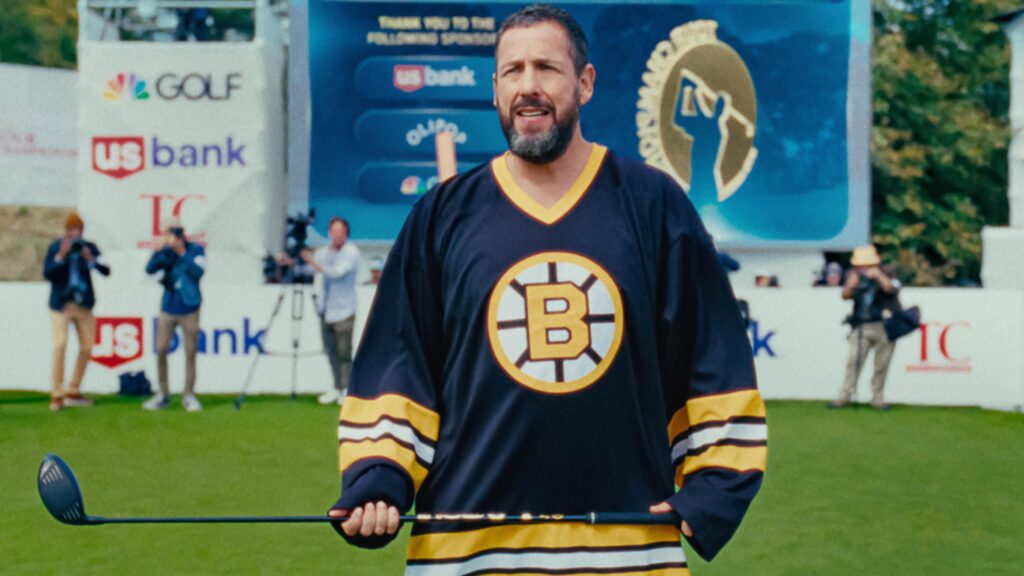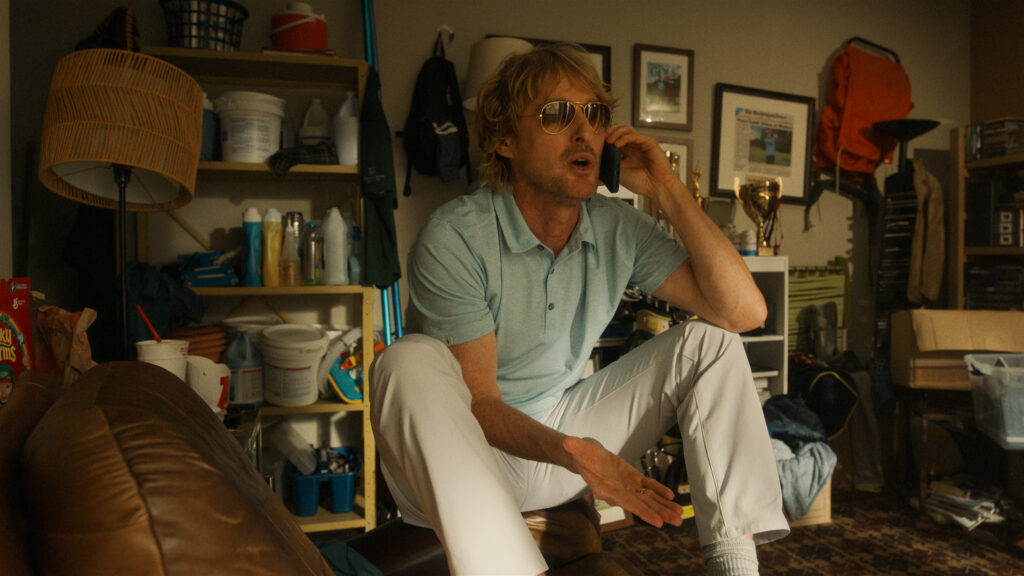They say in a relationship there’s a reacher and a settler – one who’s landed someone out of their league, and one who’s made do with a someone below theirs. However, a new study shows that partners who are roughly equally attractive have a better chance of staying together.
We’ve all seen movies where the nerdy guy gets the popular girl. Back to the Future, Revenge of the Nerds and Spiderman all imply that you can overachieve in the romance stakes. But research from the University of Missouri suggests that this admittedly feel-good cliché is probably best left in the cinema.
Research led by anthropology professor Sean Prall found that people of corresponding desirability were more likely to be in a successful, long-term relationship than, say, a flat-out 10 and a mediocre five. Prall studied the behaviour of the Himba people, a group of nomadic pastoralists in northwest Namibia. We know what you’re thinking: what does the behaviour of agrarian nomads in Africa have to do with me? Well, Pratt believes the Himba are the perfect subject group because they’re unhindered by societal pressures and norms.
“We were interested in this [topic] because much of the anthropological work on human-mating patterns is based only on people’s preferences,” Prall says. “This research focuses on people’s actions. Sure, you might say you’d prefer someone who’s deemed ‘really desirable’, but that’s heavily impacted by societal norms. What do you do in that relationship? How does it actually go? That was what we were looking at.”
In other words, there’s little point asking guys what they look for in a partner because they’ll probably describe an unattainable babe they saw on TV the night before. Instead, Prall’s group looked at who people actually end up with, having spent five years analysing data on marriage, parenting, child health – and just how picky some of us can be when choosing a partner. It found that subjects of similar physical attractiveness more often paired up and usually stayed together longer.
While the study focused on the Himba people, Prall says the information gathered can be applied in
a broader context. “This was a great population [through which] to look at these questions because everyone knows each other and most date and marry within the population,” Prall says. “You can ask them how much they’d like to be in a relationship with a specific person because they actually know that person.”
The research on aspirational dating habits explains a lot. If it doesn’t help you find your next partner, it might tell us why on earth Jay-Z would cheat on Beyonce.
Reel-Life Guys Who’ve Outdone Themselves in their
Big- and small-screen characters have long ventured out of their depth for comic effect.
Paul Tannek (Jason Biggs) and Dora Diamond (Mena Suvari) – Loser
Jay Pritchett (Ed O’Neill) and Gloria Delgado-Pritchett (Sophie Vergara) – Modern Family
George Costanza (Jason Alexander) and Mary Anne (Rena Sofer) – Seinfeld
Ben Stone (Seth Rogan) and Alison Scott (Katherine Heigl) – Knocked Up















